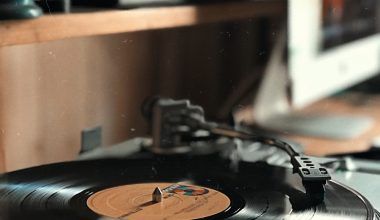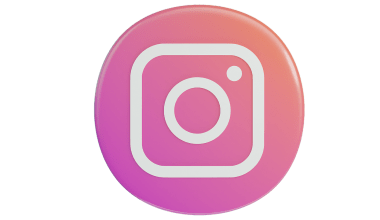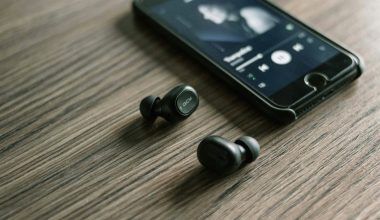When you dive into the world of music, you come across many terms that might seem confusing. One such term is “EP.” If you’ve ever asked yourself, what’s an EP? this blog is here to answer that question in a simple and engaging way. Whether you’re an artist, a music fan, or just curious, you’ll find everything you need to know right here.
What’s an EP Stand For?
EP stands for “Extended Play.” It’s a music industry term that describes a collection of songs longer than a single but shorter than a full-length album. It’s the perfect middle ground—offering more than a single track but without the commitment of an album. Typically, an EP has around 3 to 6 songs and runs for 15 to 30 minutes.
Why Is It Called an EP? A Brief History
The term “EP” originated in the mid-20th century during the vinyl record era. Singles were released on 7-inch records, which could only hold about 3-5 minutes of music per side. Albums were on larger 12-inch records, holding much more music. EPs, released on 10-inch records, were the middle option, offering around 15-25 minutes of music.
EPs in the Digital Age
Fast forward to today, and EPs have adapted to the digital world. They’re no longer tied to the physical size of vinyl records, but the concept remains the same. Artists release EPs on platforms like Spotify and Apple Music as shorter digital collections. These formats are perfect for today’s fast-paced, content-heavy world where listeners prefer bite-sized experiences.
How Are EPs Different From Albums and Singles?
EPs differ from albums and singles not just in length but also in purpose:
- Singles: Focus on promoting one specific song.
- Albums: Comprehensive works that tell a story or represent an artist’s phase.
- EPs: A blend of the two, offering more music than a single but less than an album, often used to experiment or connect with fans.
Why Do Artists Release EPs?
EPs are a favorite choice for both new and established artists. For newcomers, they’re a great way to introduce their sound and style without the pressure of creating a full album. Established artists use EPs to experiment with new genres or ideas or as a bridge between albums.
Benefits of Releasing an EP
EPs come with several advantages:
- Cost-Effective: Easier and cheaper to produce than a full album.
- Flexible: Allows artists to stay active by releasing music more frequently.
- Accessible: A perfect introduction for fans who want to explore an artist’s work without committing to an album.
What Makes a Great EP?
Creating a successful EP requires careful thought:
- Cohesion: Tracks should flow well and tell a story.
- Quality Over Quantity: Focus on making each track outstanding.
- Visual Appeal: A striking cover design and engaging marketing can set your EP apart.
The Role of EPs in an Artist’s Career
For some artists, their breakthrough came through an EP. It’s a stepping stone that can lead to record deals, collaborations, and a bigger fan base. EPs help artists gain momentum and showcase their talent without the commitment of an album.
Why EPs Are Still Popular Today
EPs have stood the test of time because they adapt to changing trends. They cater to shorter attention spans, allow artists to stay in the spotlight, and are perfect for fans who want quick, digestible music.
Should You Release an EP?
If you’re an aspiring artist, releasing an EP can be a smart move. It’s a way to introduce yourself to the world without overwhelming your audience. Even if you’re more established, an EP can help you test new sounds and keep your fans engaged.
Conclusion: EPs as a Gateway to Music Discovery
An EP is more than just a collection of songs—it’s a powerful tool for artists and a delightful gift for fans. Now that you know what’s an EP, explore some of your favorite artists’ EPs or create your own playlist. Who knows, you might just discover your next favorite sound!
For further reading, explore these related articles:
- Exploring the Top 10 Songs in the World: A Musical Journey
- Dive Into the Best Movie Songs of All Time: A Musical Journey
For additional resources on music marketing and distribution, visit Deliver My Tune.






